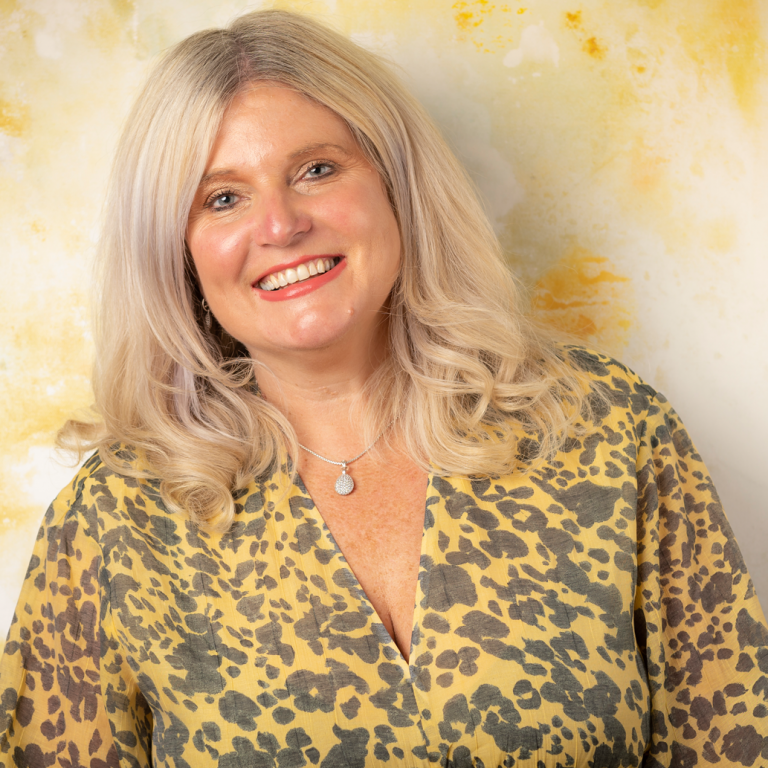“THAT THIS CRISIS PROVIDES TIME TO REIMAGINE CANNOT BE SQUANDERED. WE MUST FORGE IMPORTANT CHANGE”

“THAT THIS CRISIS PROVIDES TIME TO REIMAGINE CANNOT BE SQUANDERED. WE MUST FORGE IMPORTANT CHANGE”
Sheffield Hallam University – Directorate of Human Resources and Organisational Development Salary: £39,355 to £44,128 per annum
University of Cambridge – Human Resources DivisionSalary: £41,671 to £55,755 per annum
University of Oxford – Harris Manchester CollegeSalary: £28,889 to £33,453 (FTE equivalent: £48,149–£55,755), inc. Oxford University weighting of £900 (FTE equivalent: £1,500)